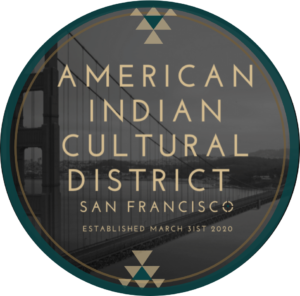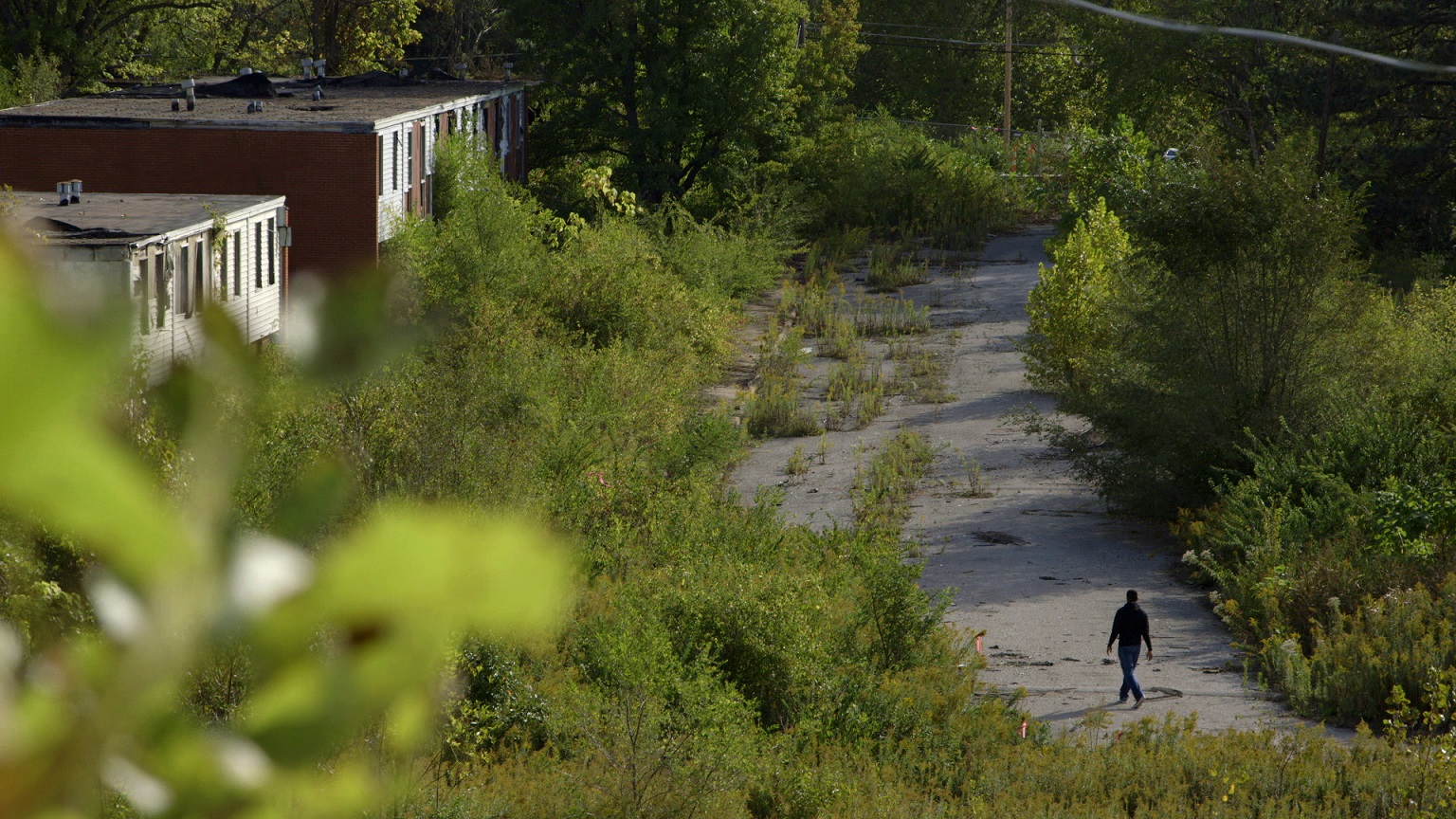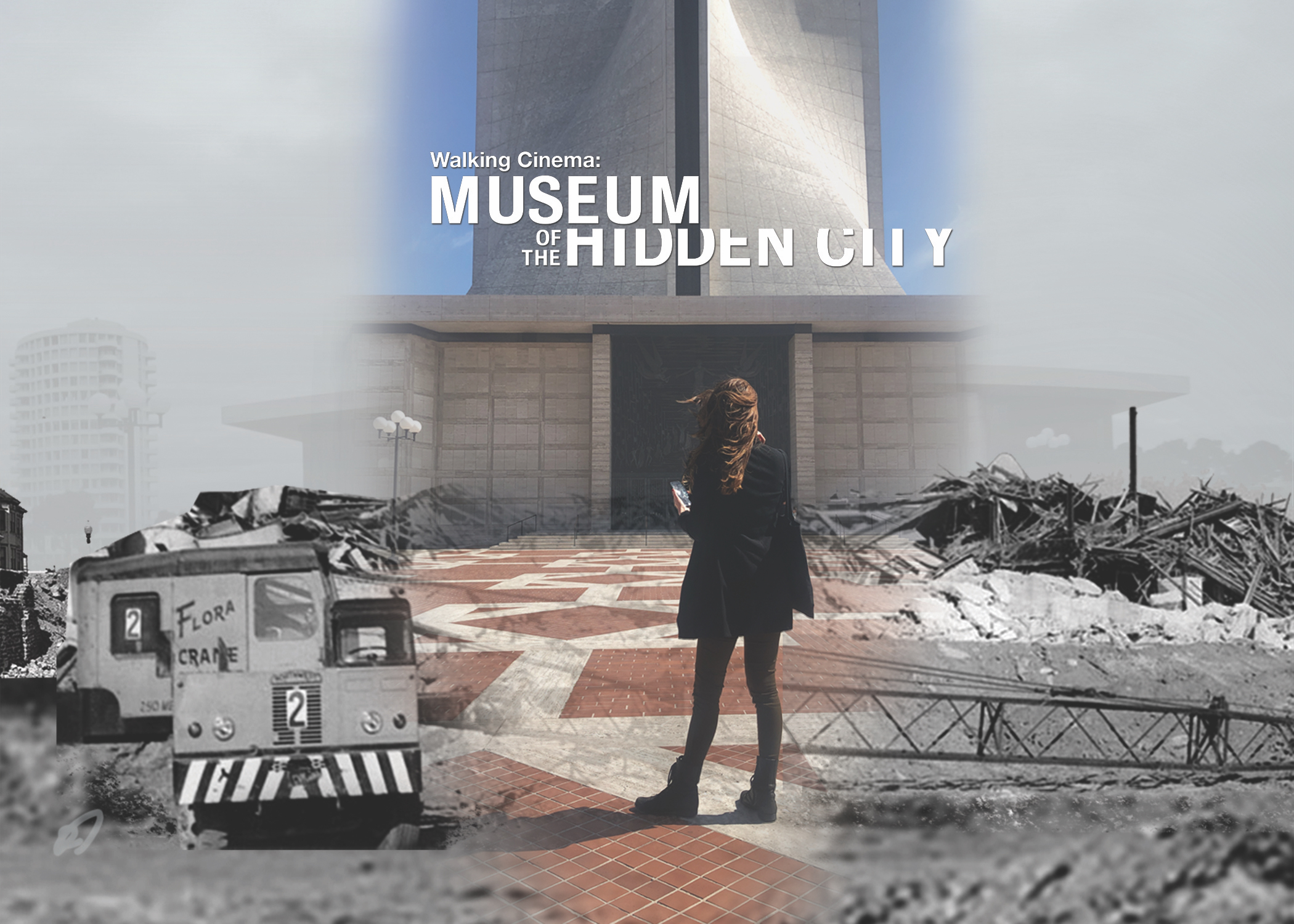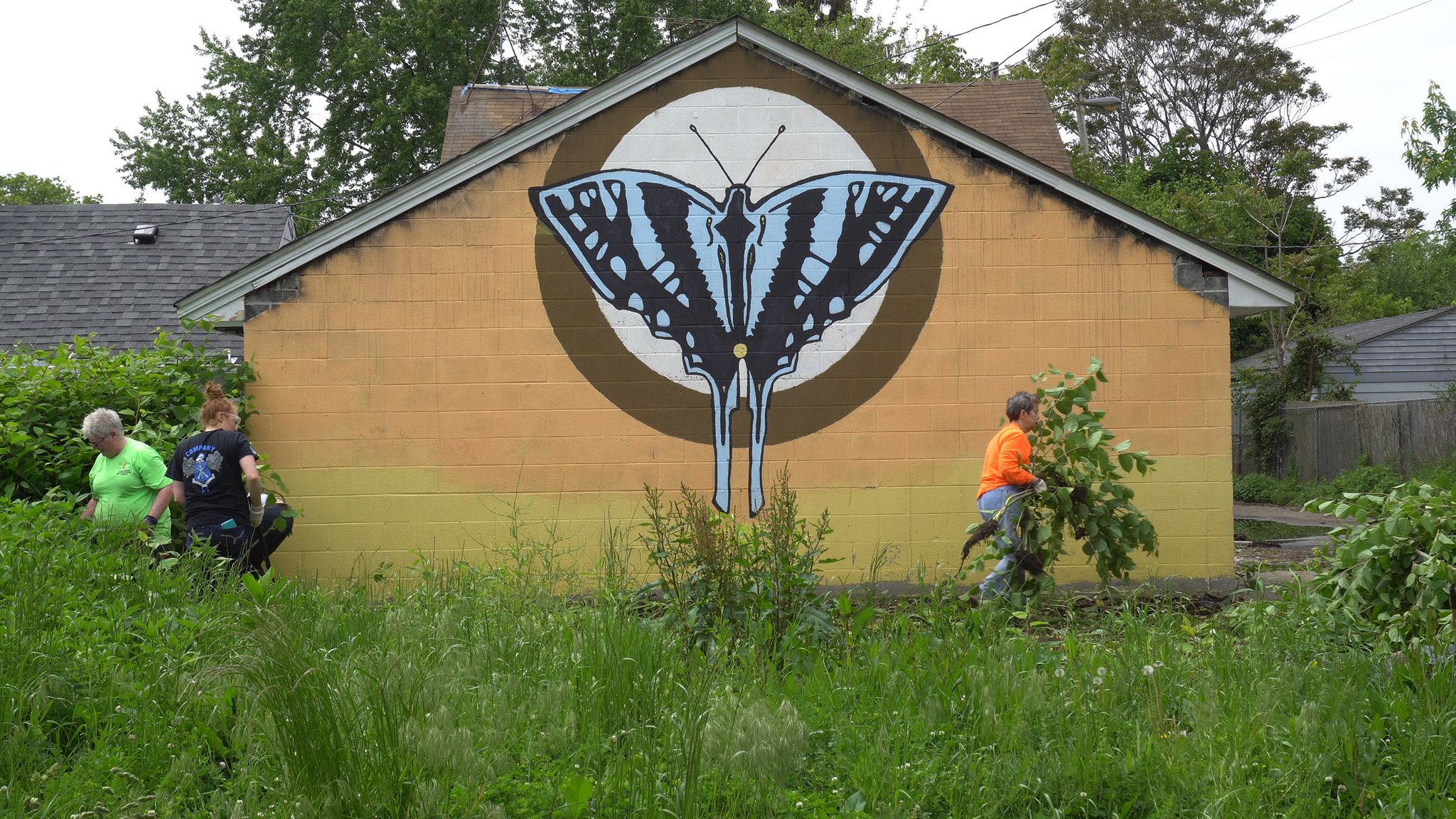The film screening and panel discussion will be focused on the San Francisco urban American Indian community. There will be a short film screening of three films that will focus on Ohlone visibility in the San Francisco Bay Area, highlight key moments like the Occupation of Alcatraz, and show how government termination and relocation policies brought American Indians from all over into the City.
Following will be a panel discussion with founders of and representatives from the American Indian Cultural District (AICD). The panel discussion will focus on how the current inter-tribal urban American Indian community in San Francisco sprouted from Yelamu, a thriving Ramaytush Ohlone landscape, cover key events and experiences that shaped the urban Indian community today, and show how the American Indian Cultural District is focused on celebrating and honoring American Indian culture, heritage and contributions for past, present and future generations.
Photo: Yuki dancers from Round Valley Indian Tribes in Mendocino CA, courtesy of April McGill
Panelists

Peter Bratt
Peruvian Film Director, AICD Board Member

Gregg Castro
t’rowt’raahl Salinan/rumsien-ramaytush Ohlone Cultural Preservation Activist, AICD Board Member
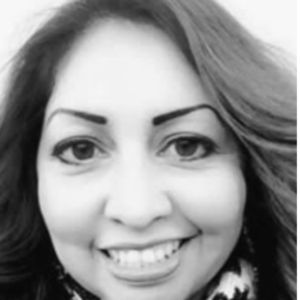
April McGill
Yuki, Wappo, Little Lake Pomo, Wailaki Executive Director American Indian Cultural Center, AICD Co-Founder and Board Member
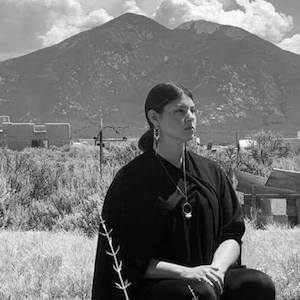
Sharaya Souza (Moderator)
Taos Pueblo/Ute/Kiowa Executive Director and Co-Founder, AICD

Mary Travis-Allen
Mayagna, Chortega, Seneca Activist, AICD Board President
Films
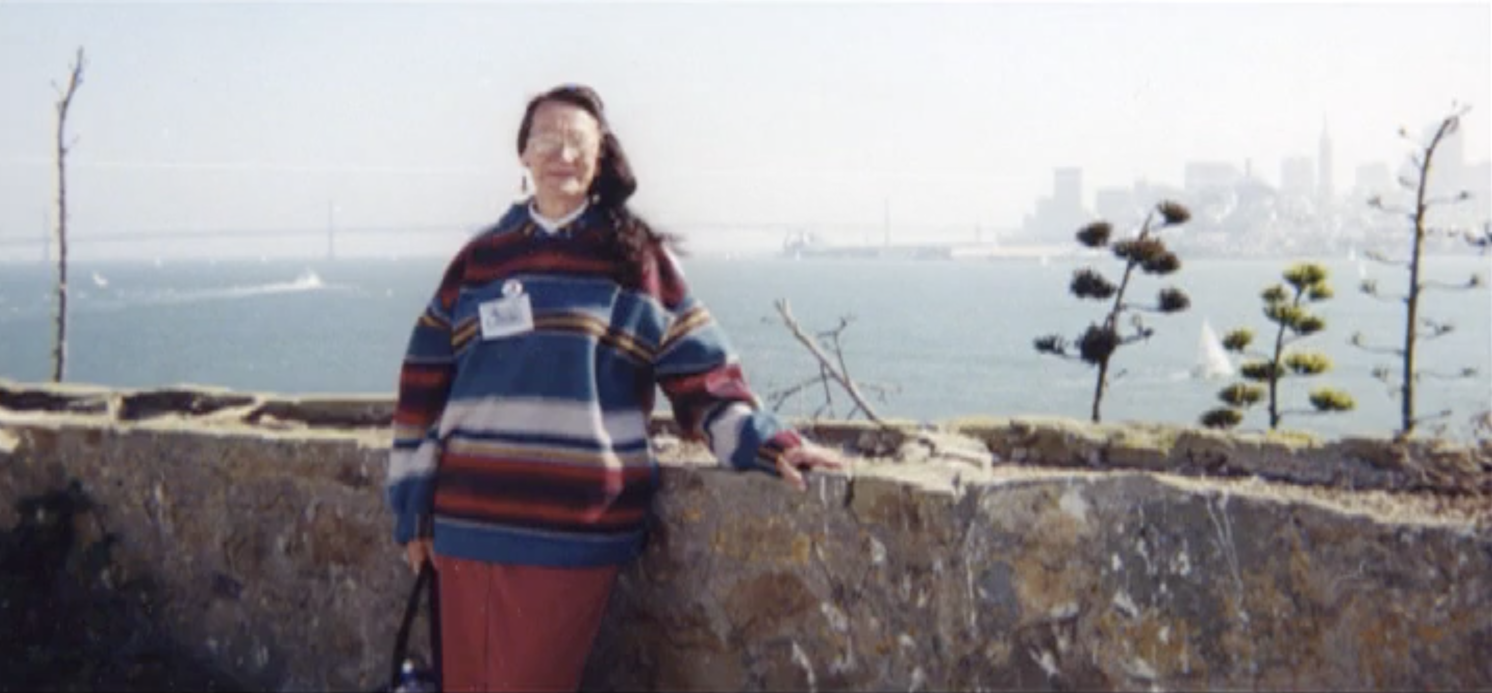
Sinew
USA | 2006 | 22 mins. | Directed by Patty L Collins
Betty Cooper grew up along Little Badger Creek on the Blackfeet Nation, in Northern Montana. Betty was nurtured by her family and elders, taught her culture and participated in Blackfeet religious ceremonies until she was taken from her loving family and forced into Cut Bank Boarding School at the age of six by the U.S. government. Betty was brutally denied her Blackfeet language, religion and cultural values like other American Indian children. Despite the cruelty of boarding school, domestic violence, her husband’s oppressive jealousy and alcoholism, Betty portrays the ordinary and sacred, moving from the challenges of colonial oppression, race, poverty and gender into strength, beauty and native spirituality, all the while giving back to her community and family. In 2004 Betty was elected to the Blackfeet Tribal Council, the fourth woman in Blackfeet history to do so.
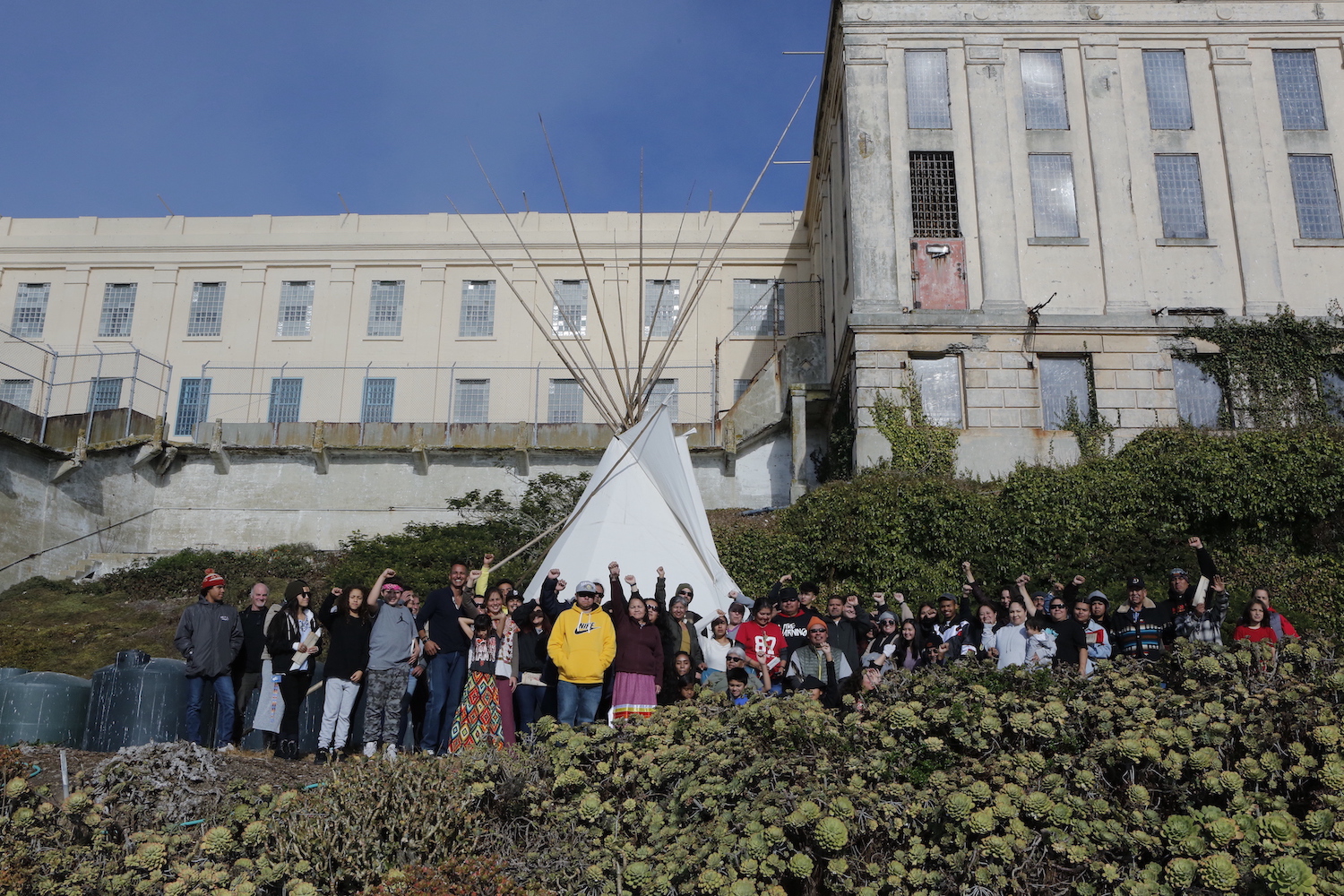
The People’s Home
USA | 2020 | 6 mins. | Directed by Billy Marchese, Peter Bratt
The People’s Home encapsulates the events that occurred in 1969 and during the 19-month occupation and chronicles the ceremony that took place 50 years later. Robert Free, who was one of the original occupiers, raised a tipi on the island in 1969. This became the symbol for the movement in pursuit of self-determination. On the 50th anniversary of these events, Free, accompanied by indigenous youth, journey back to Alcatraz Island and raise a tipi to honor those who ignited the movement and conduct a ceremony to pass the responsibility of continuing the pursuit of self-determination and justice to the youth.
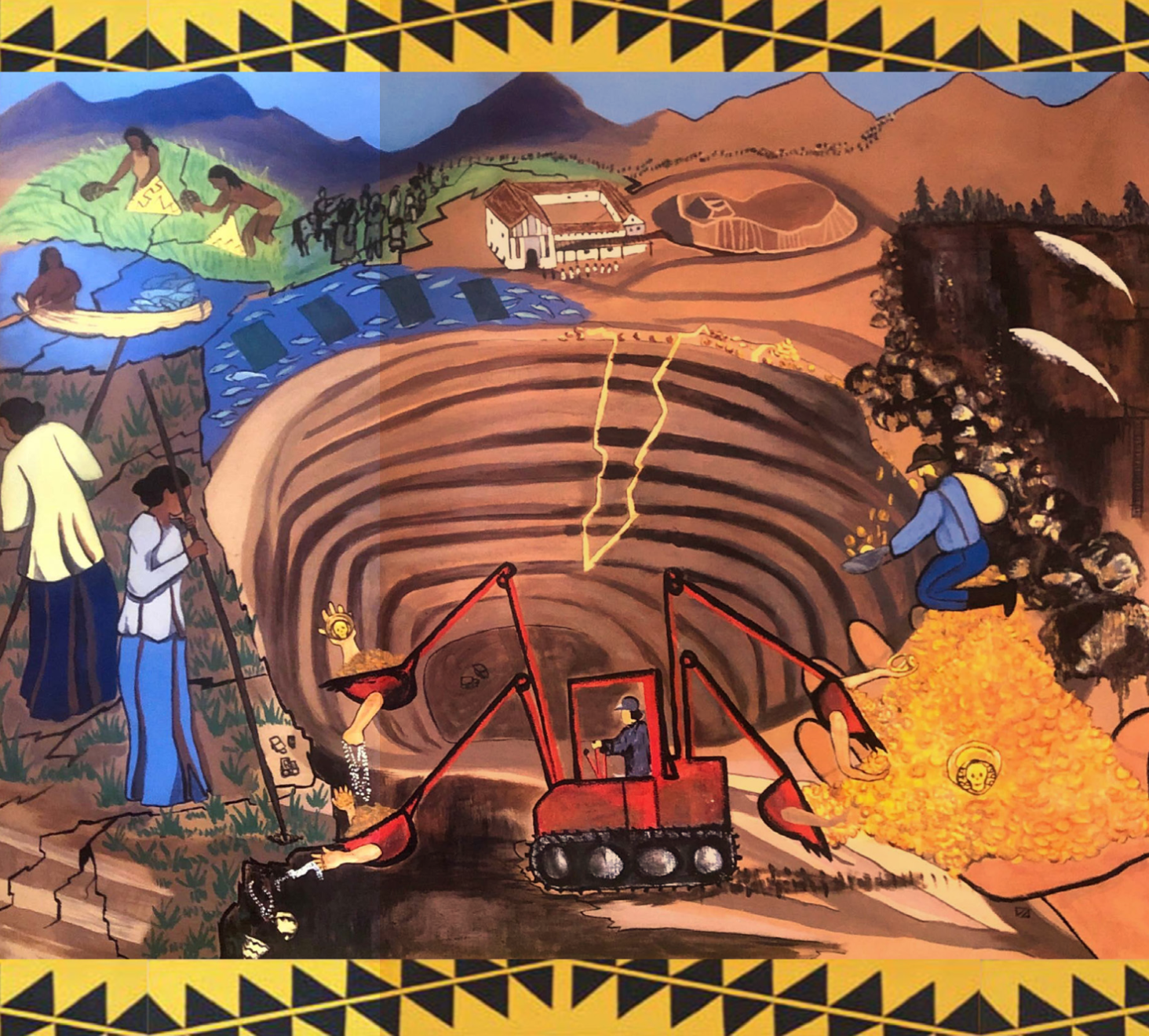
Gold, Greed, and Genocide
USA | 2014 | 22 mins. | Directed by Pratap Chatterjee
In 1999, the State of California celebrated the 150th anniversary of the Gold Rush, including distributing curriculum for use in California public schools which completely omitted its impacts on the Indigenous Peoples of California. As a result, International Indian Treaty Council (IITC) worked with Project Underground to develop the Award-winning 26-mintue video “Gold, Greed and Genocide: the Untold Tragedy of the California Gold Rush” for use in Jr. and Sr. High Schools, along with an accompanying study guide highlighting the historic and continuing impacts from the perspective of California Indigenous Peoples.
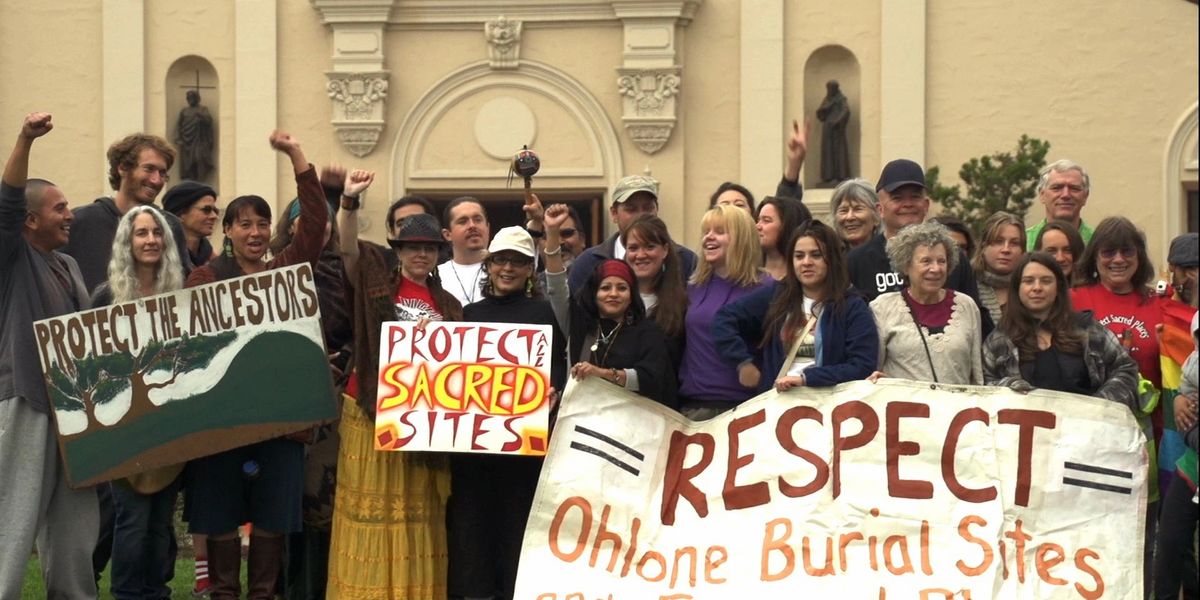
Beyond Recognition
USA | 2015 | 26 mins. | Directed by Michelle Grace Steinberg
After decades struggling to protect her ancestors’ burial places, now engulfed by San Francisco’s sprawl, a Native woman from a non-federally recognized Ohlone tribe and her allies occupy a sacred site to prevent its desecration. When this life-altering event fails to stop the development, they vow to follow a new path- to establish the first women-led urban Indigenous land trust. BEYOND RECOGNITION explores the quest to preserve one’s culture and homeland in a society bent on erasing them. Shattering stereotypes, the film tells the inspiring story of women creating opportunities amid a system that fractures Native communities across the nation.
Partners
